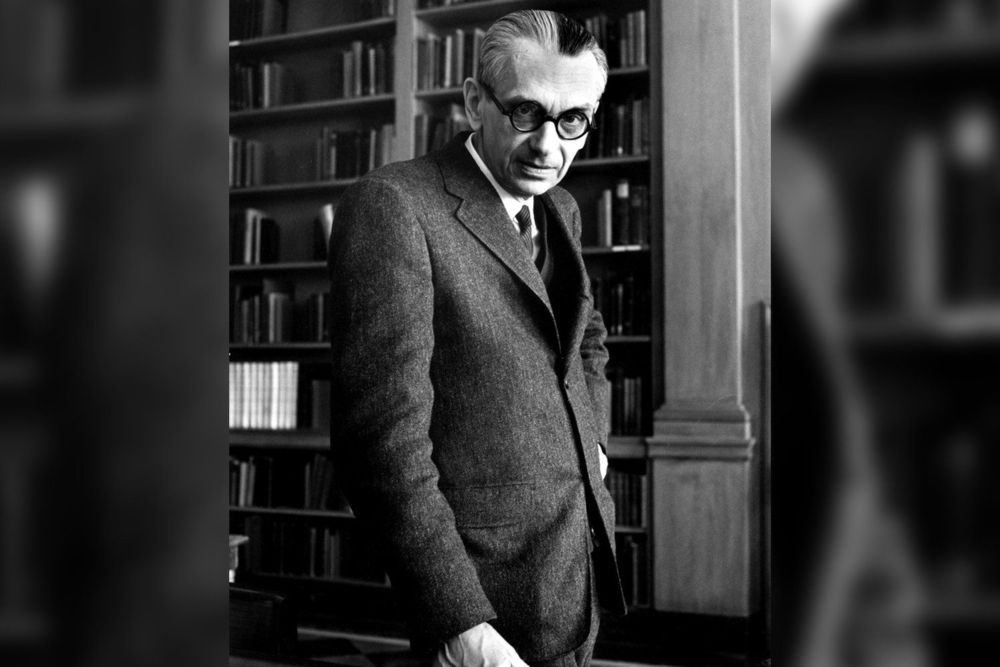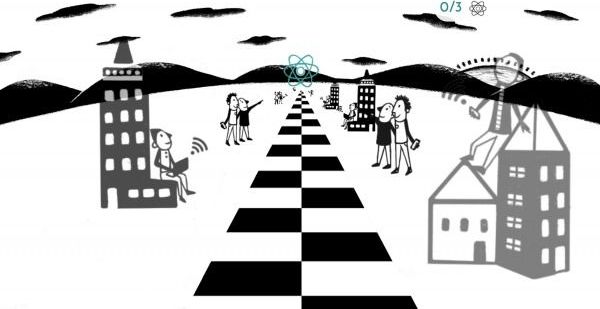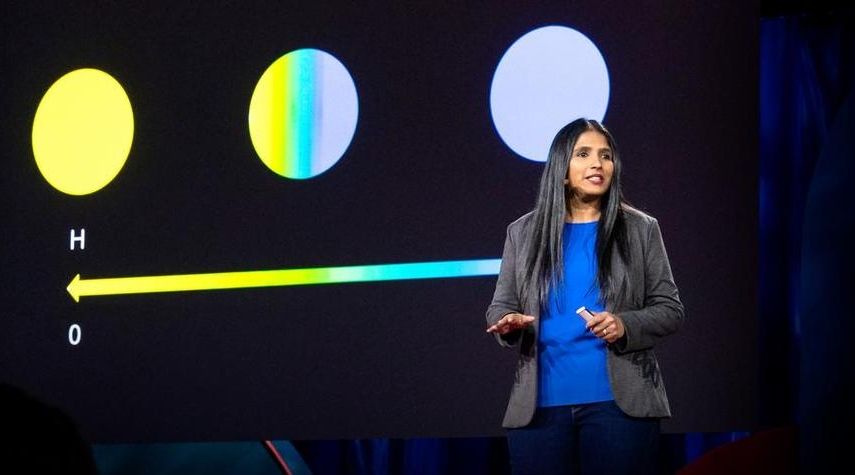Researchers working on machine learning have discovered a problem that no one, anywhere in the universe, will ever be able to solve.
Several experiments over the past few years have reportedly violated Bell’s inequality – last year, the first Bell’s inequality experiment was completed without loopholes, but there’s still dispute over whether or not local realism actually holds up.
The new worldwide experiment aims to settle the matter once and for all, by using a huge amount of random, user-generated data to test Bell’s inequality.
Basically, the researchers are holding what’s called the ‘BIG Bell Test: worldwide quantum experiments powered by human randomness’, and they aim to conduct a range of Bell’s inequality tests around the world, controlled by human decisions made by volunteers (which they call Bellsters).
A quantum computer isn’t just a more powerful version of the computers we use today; it’s something else entirely, based on emerging scientific understanding — and more than a bit of uncertainty. Enter the quantum wonderland with TED Fellow Shohini Ghose and learn how this technology holds the potential to transform medicine, create unbreakable encryption and even teleport information.
Homeowners tend to equate termites with property value apocalypse, but ecologically speaking, they’re more a force of stability than destruction. A new study points to how termites can help the rainforests they call home to weather droughts—which are expected to increase in frequency and intensity as climate change causes the tropics to heat up.
Termites are found across the tropics, where they feed on wood and dead leaves and build mounds that can sometimes be seen from space. Despite the wide-ranging influence of these ecological engineers, there’s been little research on how termites impact the ability of the forests they call home to withstand one of the biggest natural disturbances they face: drought.
Bioscience and medical technology are propelling us beyond the old human limits. Are Extremes and The Posthuman good guides to this frontier?
By David Cohen
HOW would you like to be a posthuman? You know, a person who has gone beyond the “maximum attainable capacities by any current human being without recourse to new technological means”, as philosopher Nick Bostrum of the Future of Humanity Institute at the University of Oxford so carefully described it in a recent paper.
The Consumer Electronics Show in Las Vegas revealed what the tech world has in store for us this year. From the spectacular to the controversial – as well as some total tosh – here are 10 of the most memorable products unveiled at CES 2019 last week.
Also unveiled in Las Vegas: the world’s first rollable TV and Alexa for your toilet.
The vast global DNA library resulting from mass genomic profiling is helping us understand how we could extend “longevity”, that is living younger and healthier for longer. It also means the search for the elixir of youth may no longer be the preserve of billionaires but be accessible to billions.









